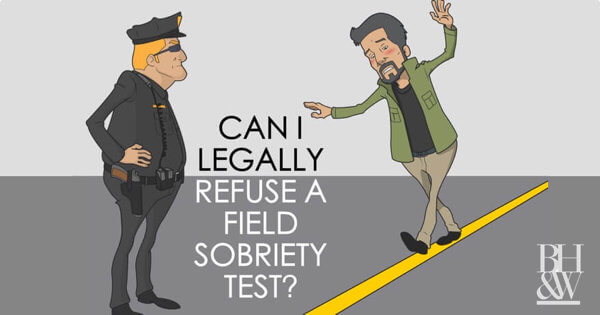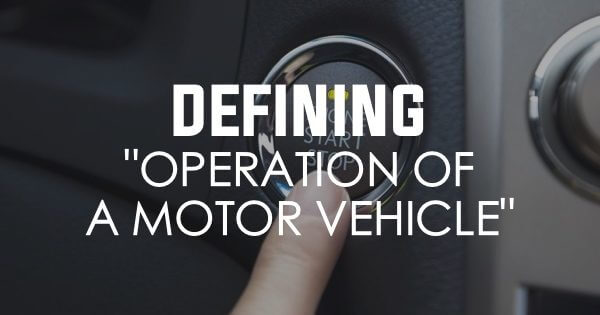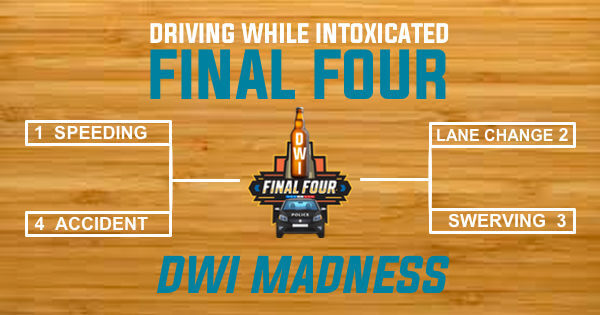Court of Criminal Appeals Considers Whether Defense Failed to Preserve Appeal

Smith v. State (Tex Crim. App. 2016)
Warrantless Blood Draw Provides Evidence of DWI
William Smith was stopped by police for driving without a seatbelt. Immediately, law enforcement suspected Smith of driving under the influence because of the “extremely strong smell of alcohol” coming from Smith. Accordingly, law enforcement administered several field sobriety tests and determined that Smith “exhibited clues of intoxication.” Smith became belligerent after being arrested, and refused a breathalyzer. Law enforcement searched Smith’s car incident to his arrest, finding three open containers that were “cold to the touch.” Dashboard camera footage captured the entire stop.
Law enforcement decided to transport Smith to a local hospital for a blood draw because a quick check of Smith’s ID showed that he had two prior DWI convictions. The blood sample taken at the hospital reflected a blood-alcohol concentration of .21 grams of alcohol per 100 milliliters of blood—well above the legal limit of .08. Smith elected a bench trial.
Defense Counsel Argues that Blood Draw was Unconstitutional, Trial Judge Seems to Agree
At trial, the State called a forensic scientist to testify about Smith’s blood sample. The forensic scientist testified that Smith’s blood alcohol level exceeded the statutory minimum of .08. Shortly thereafter, there was discussion between the judge and counsel about Texas case law in regards to whether the court must have an “order” signed by a judge or magistrate in order for a blood alcohol test to be admitted into evidence. The defense counsel stated, “I would…object…on constitutional grounds [because] there should be a written order [in evidence].” The State replied that law enforcement was “operating under the laws of the State.” The judge seemed to agree with defense counsel, “No…the legislature allows for this…but that doesn’t mean the law is constitutional.” The judge decided to “carry” the constitutional issue so that each side could research and make a formal brief before the court. However, at the end of the trial, Smith was convicted of DWI. The judge stated the “video of [Smith] showed signs of intoxication, but the judge was surprised…that [Smith]…did as well as he did on the [field sobriety tests]” given the .21 blood alcohol concentration. The judge sentenced Smith to twenty-five years imprisonment. There were no further objections on the record made by defense counsel post-judgment.
Appeal Turns on Lawfulness of the Blood Draw
On appeal, the court of appeals reversed Smith’s conviction because the blood sample was obtained without a warrant, violating the Fourth Amendment. State appeals to the Court of Criminal Appeals, arguing that Smith did not preserve error at trial with regard to his Fourth Amendment issue, and as a result of the failure, Smith was precluded from raising a constitutional argument on appeal.
The Issue Before the CCA – Did the Defense Preserve Appeal of the Blood Draw Issue?
The CCA must determine whether defense preserved error so that the fourth amendment search and seizure issue could be raised on appeal. To preserve error, defense counsel must obtain a ruling on the complaint, or object to the trial judge’s refusal to rule.” Tex. R. App. P. 33.1(a)(2) However, “even evidence that is improperly admitted is considered in determining whether the evidence is sufficient to support a conviction.” Soliz v. State, 432 S.W.3d 895, 900 (Tex. Crim. App. 2014).
The CCA Holds that Appellate Issue was NOT Preserved
Here, the CCA determined that the trial judge declined to rule on the Fourth Amendment constitutional issue at the time, but decided to “carry” the issue. Garza v. State, 126 S.W.3d 79, 83 (Tex. Crim. App. 2004). The CCA says that although the trial judge admitted the blood-alcohol test results, he did not rule on Smith’s initial objection, and thus, error was not preserved in this case. “In any event,” says the CCA, “there was…evidence to support [Smith’s] conviction aside from the blood-test results.” “Smith never asked for a ruling on the [constitutional issue], nor did defense counsel object to the trial judge’s failure to rule. In sum, failure to preserve error on a fourth amendment search and seizure argument for warrantless blood draws in DWI cases precludes a defendant from raising the constitutional argument on appeal.










